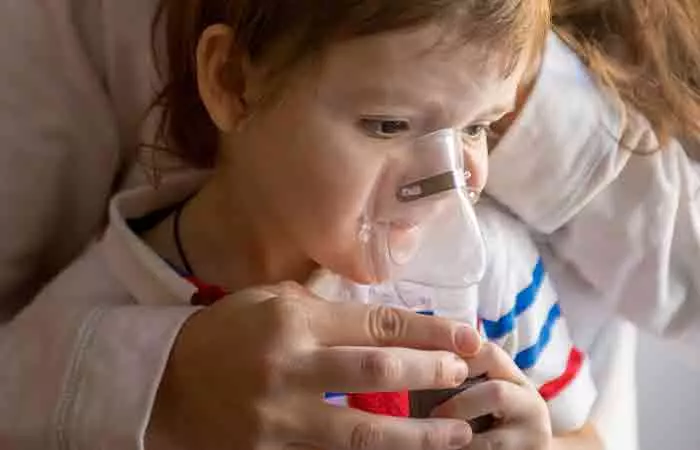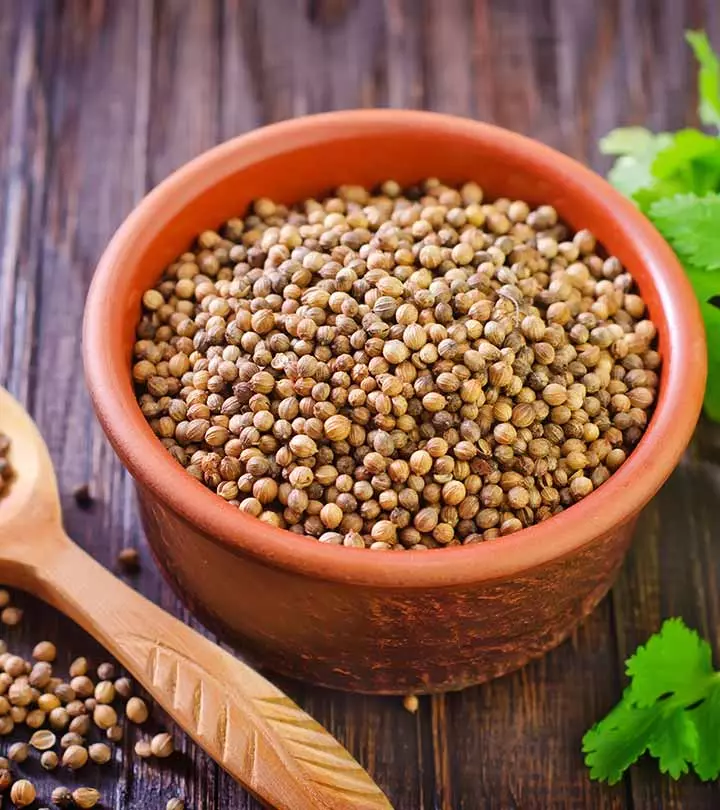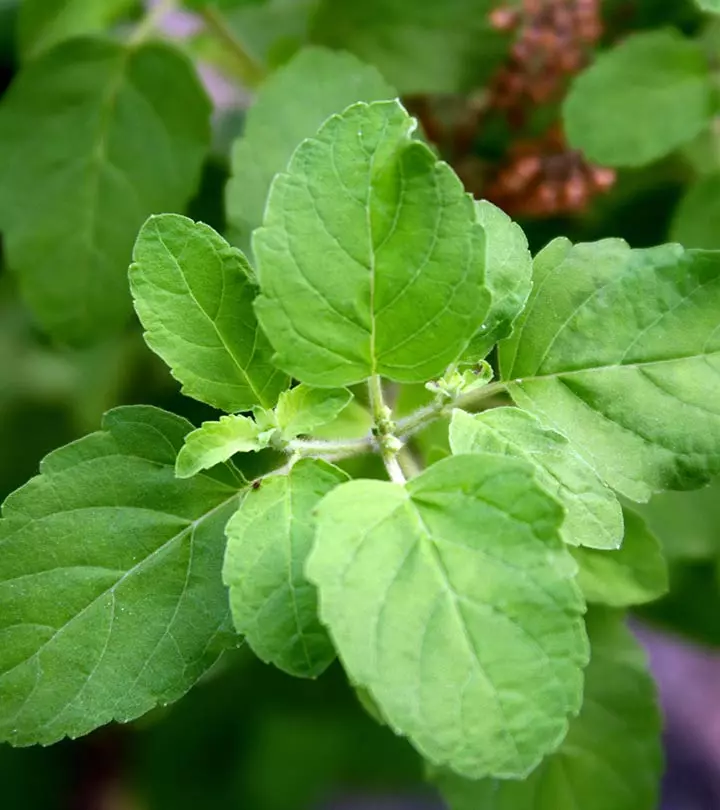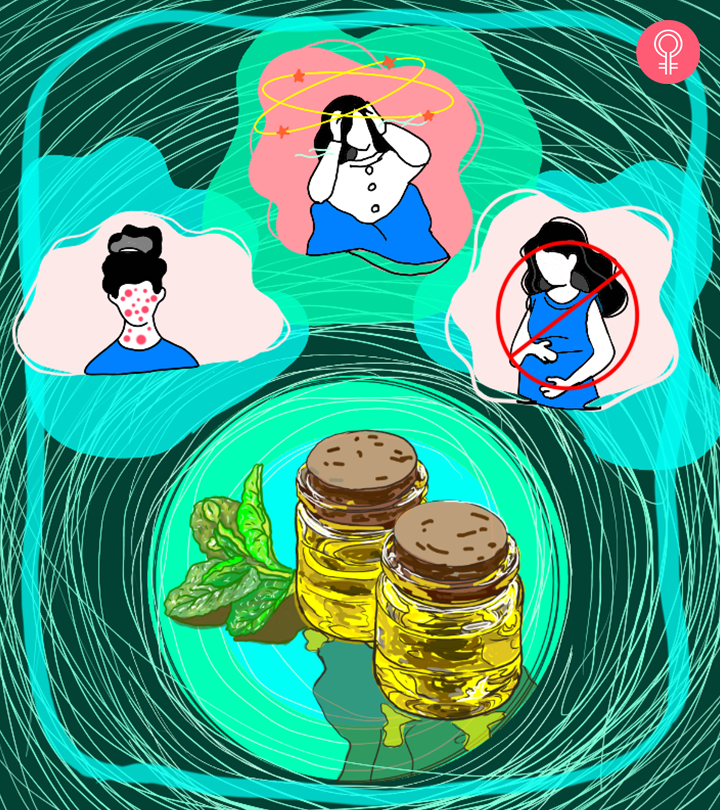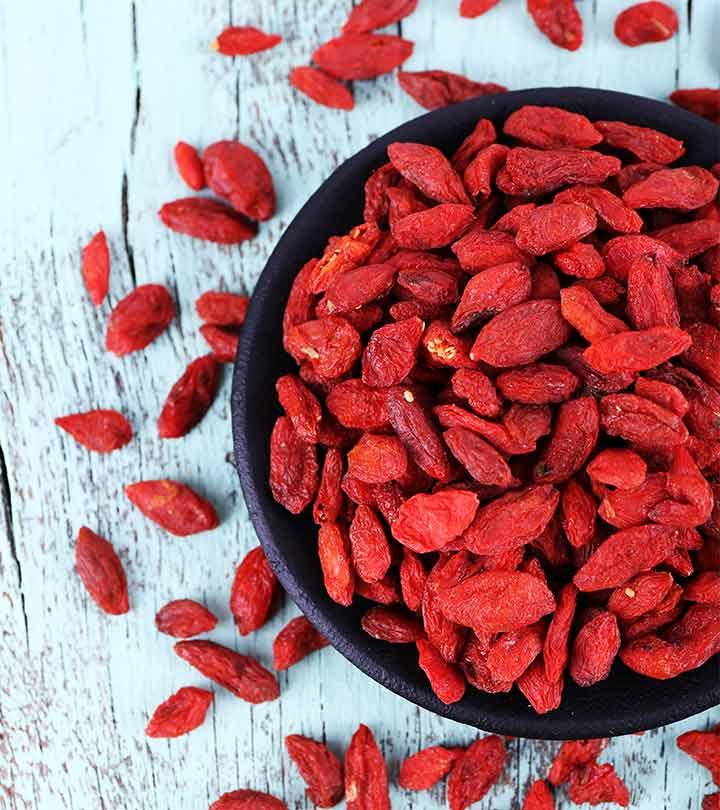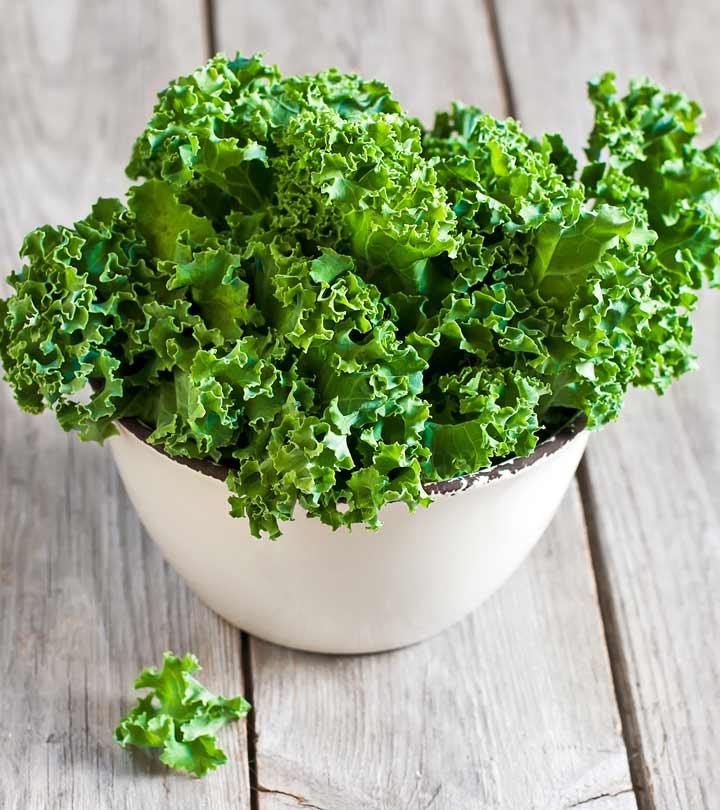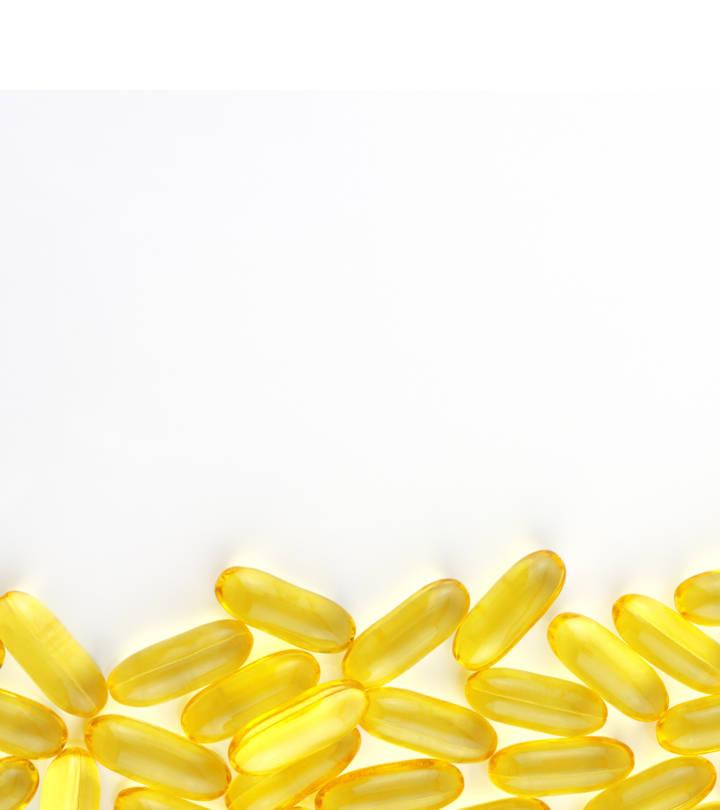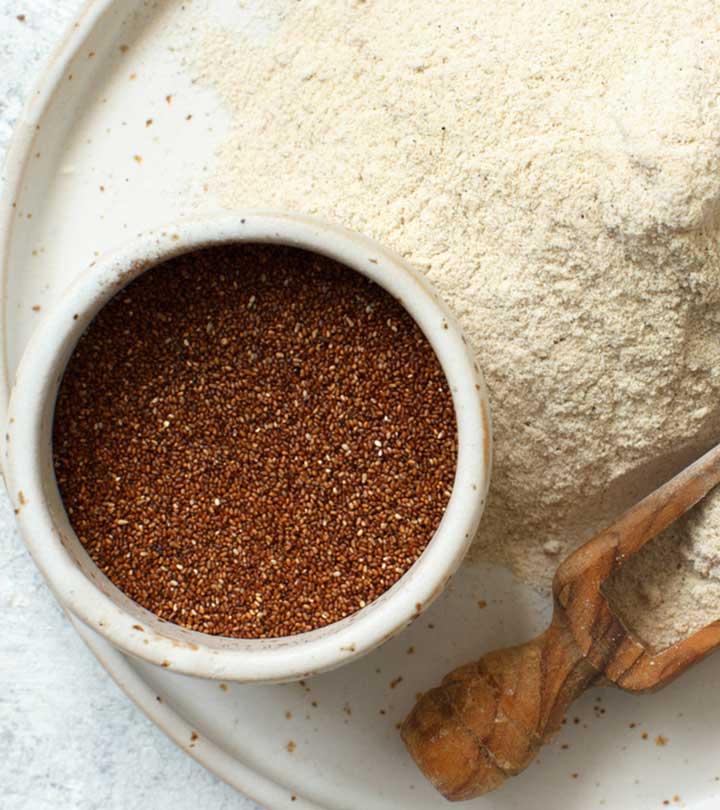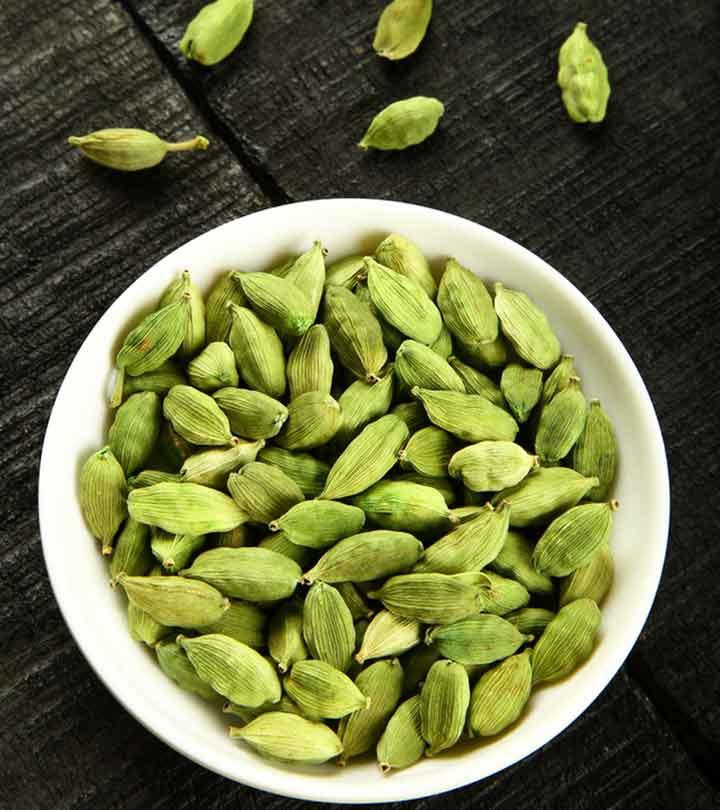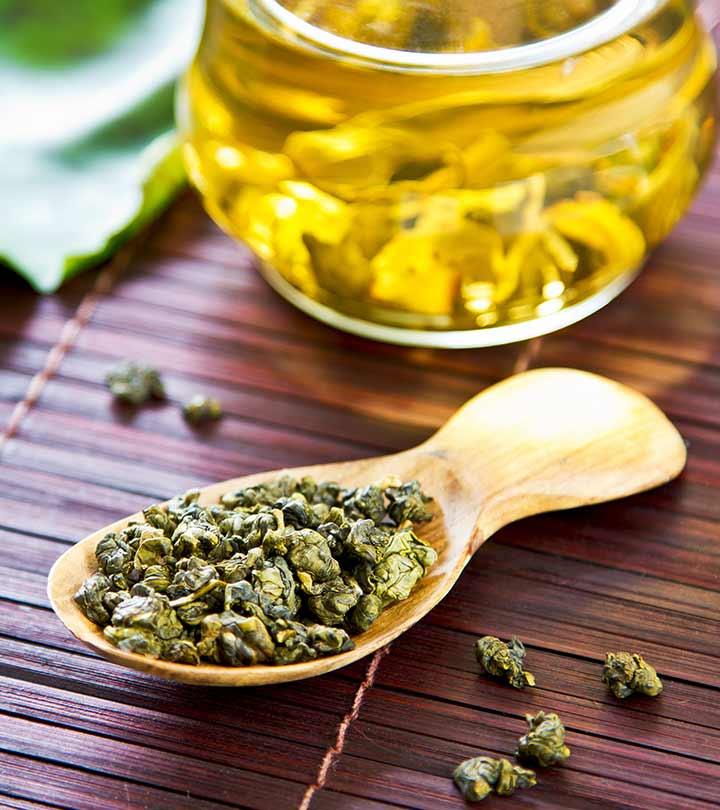10 Unexpected Side Effects Of Peppermint Tea
Understand when and why avoiding peppermint tea may actually be good for you.
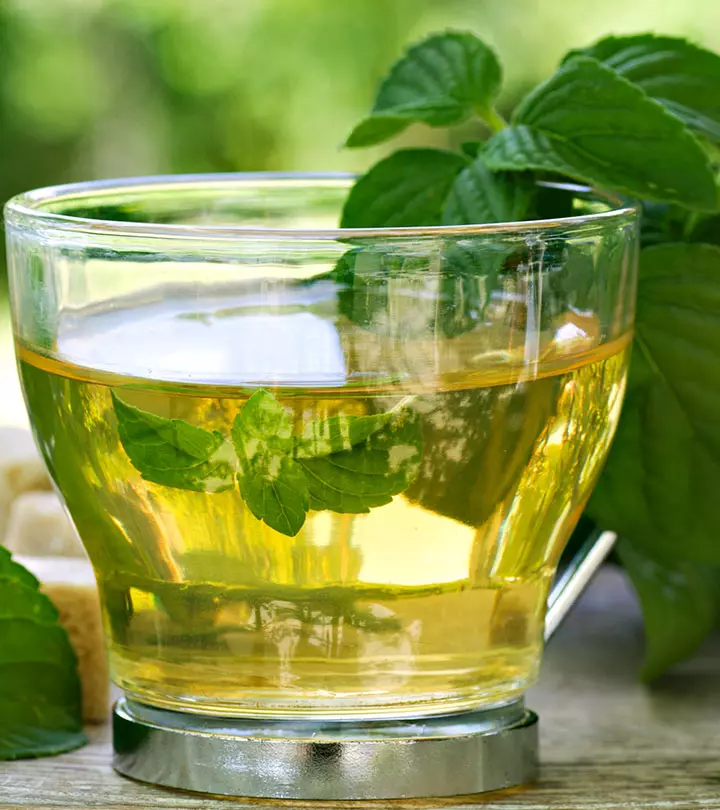
Image: Shutterstock.com
Peppermint—the word conjures up images of bubble gum, right? But, peppermint is also used to provide flavor to various other products. Some of them are toothpaste and tea. It is an active ingredient in various medicinal and cosmetic products. Peppermint plants are generally found in Europe and Asia. Some species also grow in Australia, South Africa and South America. The plant blooms from July till August. The leaves of this flavorful plant are dark green in color.
Peppermint tea is an amazing way to enjoy the medicinal properties of peppermint. It is caffeine- free and is known for its healing properties. The tea is prepared from dried leaves of the peppermint plant. It supports the immune system and can help lower stress and fatigue. But, there are some surprising peppermint tea effects that can be harmful.
 Know The Flip Side: Peppermint Tea
Know The Flip Side: Peppermint TeaShort-Term Effects
Tingling sensation, swollen or itchy throat, lips, and face, breathing difficulty, abdominal pain, nausea, vomiting, and diarrhea.
Long-Term Effects
High blood pressure, stomach ulcers, and liver and kidney complications.
Drug Interactions
May interfere with medication for hypotension, diabetes, seizues, iron supplements, immunosuppressants, and antibiotic or antifungal medicines.
When To See A Doctor
If a short-term symptom arises, worsens, becomes unbearable, or lasts longer than 24 hours.
In This Article
10 Side Effects Of Peppermint Tea
Here are some of the peppermint tea side effects that can make you swear off this flavorful drink:
1. Not Advisable For Individuals With Indigestion Problem
Individuals suffering from indigestion should consult their doctor before consuming peppermint tea. It might interfere with their indigestion medication, causing adverse side effects.
 Fun Fact
Fun Fact2. Lowers Sugar Level
Peppermint tea can lower the blood sugar levels in the body. As a result, this tea might interact with your diabetic drugs. So, individuals who are diabetic should avoid this tea or only take it after consulting their doctor.
3. Allergic Reactions
Side effects of peppermint tea can also result in developing allergic reactions (1), (2). Headache, unsteady feet and mouth sores are some of the symptoms of peppermint allergy. When you notice such symptoms, avoid taking the tea or consult a doctor Headache, dizziness, unsteady feet, skin irritation, and mouth sores are some of the symptoms of peppermint allergy. When you notice such symptoms, avoid taking the tea or consult a doctor.
4. Not Advisable For Gastro Esophageal Reflux Disease
Those with Hiatal Herniai Bulging of the stomach into the chest cavity through an opening in the diaphragm. This can lead to heartburn and stomach pain. or Gastroesophageal Reflux Disease (GERD) should avoid peppermint tea. While some people get relief from GERD symptoms by drinking peppermint tea, others report worsening their symptoms leading to excess bloating and gas. Peppermint relaxes the esophageal sphincteri Muscles that surround the opening in the body such as the anus or stomach opening, responsible for the opening and closing of passages in the body. , which can result in stomach acids leaking into the esophagus.
5. Emmenagogue Effects
Peppermint oil has emmenagogue effects, which means that it might stimulate uterine blood flow and put pregnancy at risk (4). Though peppermint tea contains less amount of peppermint, it is better to avoid peppermint tea or consult your doctor before consuming a cup. Pregnant and lactating women should stay away from peppermint in all its forms to be safe.
6. Strong For Infants
Peppermint tea is considered to be very strong for small children and babies. It might cause breathing difficulties and a burning sensation in the mouth. It is better to consult your doctor before giving it to your infants and children. No matter the temptation, avoid giving even small doses of peppermint tea to your child.
7. Drug Interactions
Peppermint tea also interferes with some specific medications. Drugs taken for stomach acid, blood pressure, cyclosporine and diabetes, interact with peppermint tea and cause side effects (5). So, if you are on medication for any of these health issues, rather say no to peppermint tea.
8. Contamination
The Food and Drug Administration (FDA) does not give license for the production of herbal supplements and tea. So there is no guarantee that the peppermint tea you are consuming is free from contamination.
9. Stomach Disorders
One of the major side effects of peppermint tea include serious stomach upset. Diarrhea, nausea, vomiting, dehydration, heartburn, muscle pain, cramping, drowsiness, tremors and a drop in heart rate are some of the side effects of the over consumption of peppermint tea.
10. Stomach Ulcers
Here comes a serious side effect of peppermint tea! Many doctors advise that people with stomach ulcers should avoid peppermint tea. It is important to avoid it especially because it contains menthol, which can aggravate the ulcer and cause further damage.
Peppermint tea is considered to be effective and safe, when you use it with care. It is better however to consult your doctor if you are concerned, before drinking peppermint tea.
 Quick Tip
Quick TipInfographic: Major Side Effects Of Peppermint Tea
Peppermint tea is a refreshing herbal tea with a multitude of benefits. However, excess consumption of this tea may lead to several side effects. While we have covered all the negative effects of peppermint tea in the article, there are a few serious side effects of this herbal concoction that you must be aware of. Check out the infographic below to learn about the unexpected side effects of drinking peppermint tea. Illustration: StyleCraze Design Team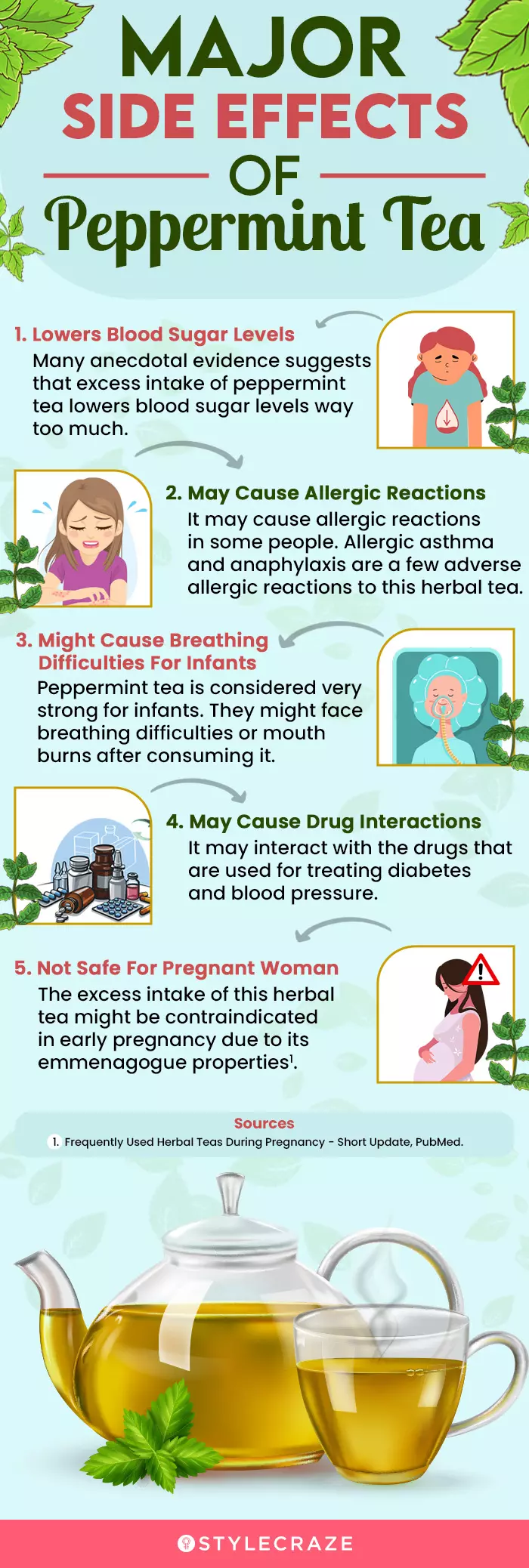
Peppermint is a refreshing, aromatic herb that has been used for its therapeutic properties. Its tea is also considered safe for consumption and is loaded with many nutrients. However, having excess peppermint tea may cause some adverse effects. It may not be suitable for people with indigestion. It also may cause allergic reactions, or lead to low blood sugar levels, and may also interact with certain drugs. Hence, check with your doctor if you have any health concerns before taking peppermint. Moderate intake is advised.
Frequently Asked Questions
Is it OK to drink peppermint tea every day?
Yes, it is OK to drink peppermint tea every day. It has several antibacterial, antiviral, and anti-inflammatory properties and offers many health benefits.
Does peppermint raise blood pressure?
No, peppermint lowers systolic pressurei The measure of the pressure that blood exerts on the walls of arteries when the heart beats or expands and contracts. (6).
Is peppermint tea good for kidneys?
Peppermint tea may help promote kidney health. However, it is not recommended for people with kidney stones.
Key Takeaways
- Consuming peppermint tea might lower blood sugar.
- Minimize or avoid the use of peppermint tea if you have acid reflux, a hiatal hernia, or other digestive issues.
- Headaches, wobbly feet, and mouth sores are some symptoms of allergic reactions caused by peppermint tea.
- Peppermint tea causes drug interactions. So, people on blood pressure and diabetic medications must avoid peppermint tea.
- Peppermint tea may cause uterine blood flow. Therefore, pregnant and nursing women should avoid its intake.
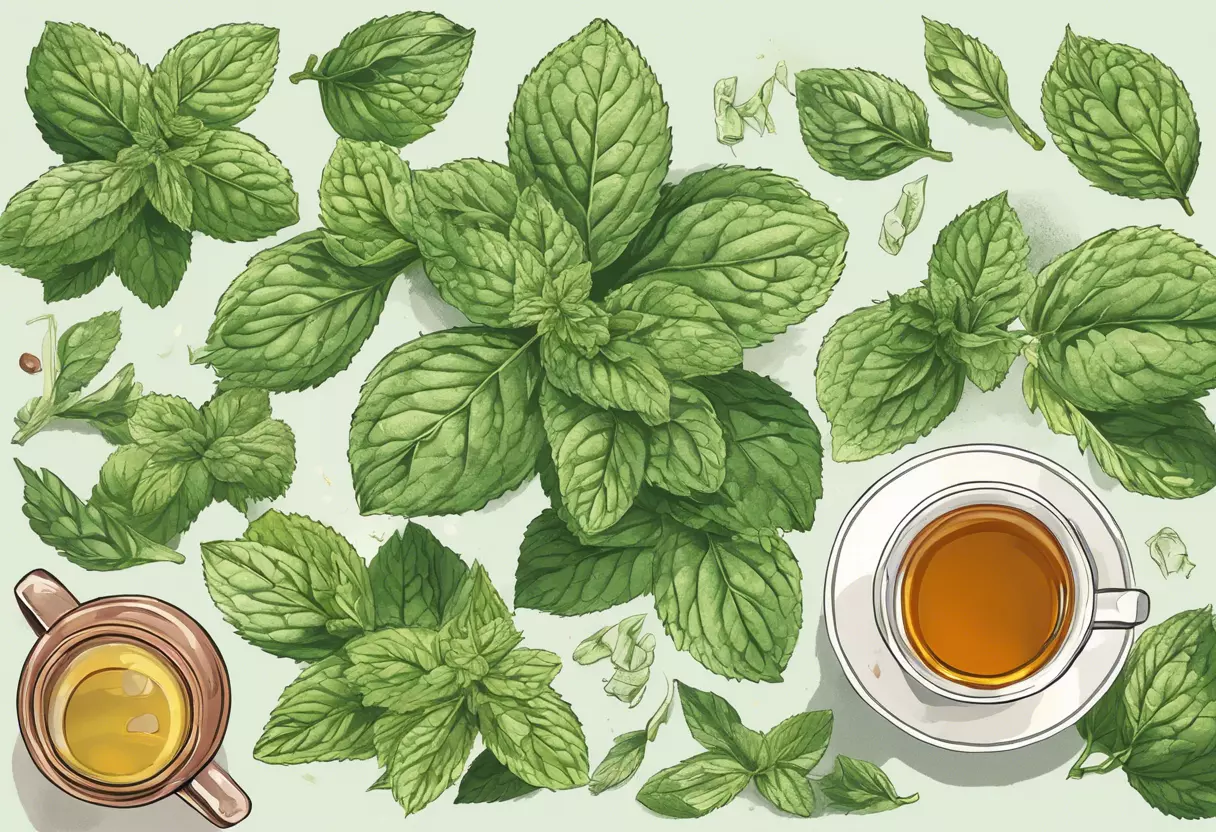
Image: Stable Diffusion/StyleCraze Design Team
Stop drinking mint tea and eating mint leaves in excess. Learn why it is not good for your health and how it affects your system by clicking on this video.
References
Articles on StyleCraze are backed by verified information from peer-reviewed and academic research papers, reputed organizations, research institutions, and medical associations to ensure accuracy and relevance. Read our editorial policy to learn more.
- Allergic reaction to mint leads to asthma
https://www.ncbi.nlm.nih.gov/pmc/articles/PMC3390130/ - A case of anaphylaxis to peppermint
https://aacijournal.biomedcentral.com/articles/10.1186/1710-1492-10-6 - Risk factors for gastroesophageal reflux disease the role of diet
https://www.ncbi.nlm.nih.gov/pmc/articles/PMC4223119/ - Peppermint
https://www.sciencedirect.com/topics/medicine-and-dentistry/peppermint - Herbal teas interfere with cyclosporin levels in renal transplant patients
https://academic.oup.com/ndt/article/20/11/2554/1829254 - Instant effects of peppermint essential oil on the physiological parameters and exercise performance
https://www.ncbi.nlm.nih.gov/pmc/articles/PMC4103722/
Read full bio of Tracy Tredoux
Read full bio of Ravi Teja Tadimalla
Read full bio of Moksha Gandhi







